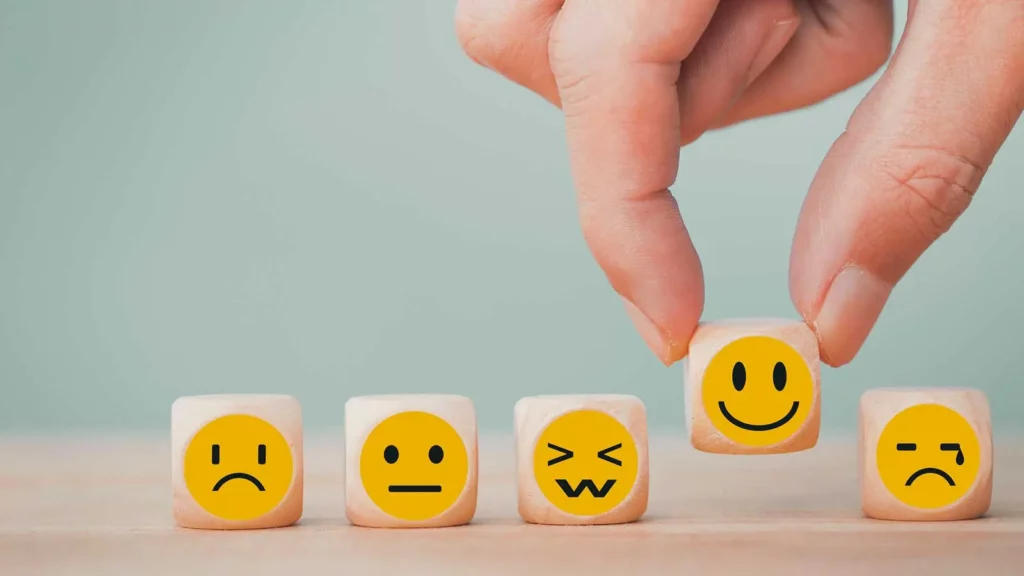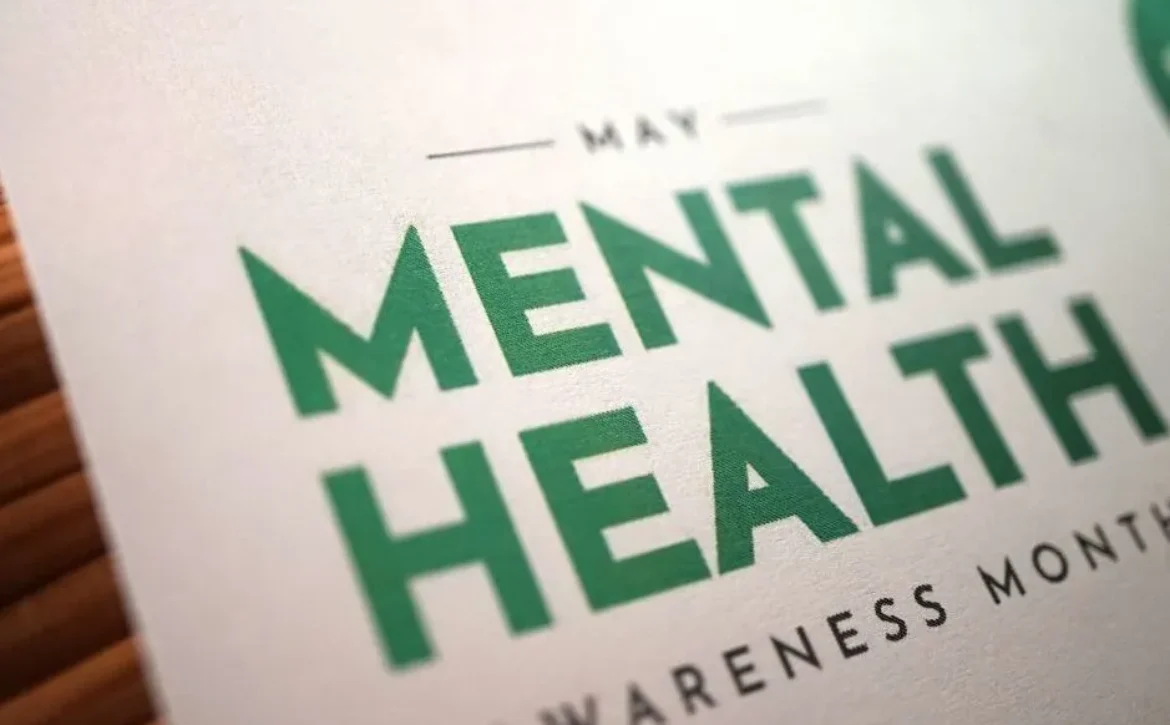Discovering and Living Your Values: A Guide to a More Meaningful Life
Taking the time to reflect on and choose your values is one of the most impactful things you can do for your well-being and personal growth. Research shows that even a few moments of thoughtful reflection on your values can bring remarkable benefits, such as:
- Better stress management: Thinking about your values reduces cortisol levels in stressful situations.
- Increased motivation: Activities aligned with your values feel more meaningful and energizing.
- Enhanced performance: Studies link values reflection to improved outcomes, such as higher grades or work achievements.
- Greater happiness and well-being: Living in alignment with your values fosters a deeper sense of fulfillment.
- Openness to others: Reflecting on values reduces defensiveness and promotes acceptance of differing viewpoints.
- Stronger connections: Feeling grounded in your values helps you build meaningful relationships.
What Are Values, and Why Do They Matter?
Values are not just abstract concepts; they’re the guiding principles that shape your actions and give your life direction. As psychologist Dr. Steven Hayes puts it, values are the “intentional qualities of action that join together a string of moments into a meaningful path.”
Examples of values include curiosity, kindness, courage, compassion, and generosity. These qualities influence how you show up in various aspects of your life, from your relationships to your career. When you’re clear on your values, you gain a sense of purpose and clarity. They act as a compass, helping you make decisions that align with the person you aspire to be.
How to Choose Your Values
Here’s a step-by-step guide to discovering your core values:
Reflect on the qualities you admire
Imagine your closest friends describing you to someone new. What words would you hope they use? Are you known for being compassionate, determined,or curious? For example, you might aspire for people to say:
“She is incredibly kind and wise, always curious about the world, and deeply committed to helping others. She cherishes simple joys like a good book, meaningful conversations, and time with loved ones.”
Consider different areas of your life
Break down your life into work, relationships, self-care, and community categories. Ask yourself:
- How do I want to show up at work?
- What qualities do I want to express in my relationships?
- How do I want to care for my physical and mental health?
Experiment and refine
If you’re unsure where to start, explore values lists or tools like the VIA Character Strengths Test. Choose a few that resonate, and try “living” them in small ways. Over time, you can refine your list as you gain clarity.
Align your actions with your values
Once you’ve identified your values, look for opportunities to express them daily. For example:
- If you value kindness, make a habit of small acts of generosity, like complimenting a colleague or helping a neighbor.
- If you value curiosity, dedicate time to learning something new or asking thoughtful questions in conversations.
Why Living by Your Values Matters
Living according to your values is not about perfection but about intention. When your actions align with your values, you experience a sense of authenticity and fulfillment. Conversely, when you stray from your values, you might feel disconnected or dissatisfied.
For example, if you value integrity but find yourself compromising your principles at work, it can lead to inner conflict. By staying true to your values, you build a life that feels meaningful and congruent with who you truly are.
Final Thoughts
Choosing your values is an ongoing journey, not a one-time decision. Be patient with yourself as you explore and refine what truly matters to you. Remember, it’s okay if your values evolve over time—what’s important is staying intentional and reflective.
Start small: take a few moments today to write down the qualities you admire most in others or the person you aspire to be. From there, look for ways to embody those values in your everyday life.
By anchoring your actions in your values, you’ll create a life that feels both purposeful and deeply fulfilling.






